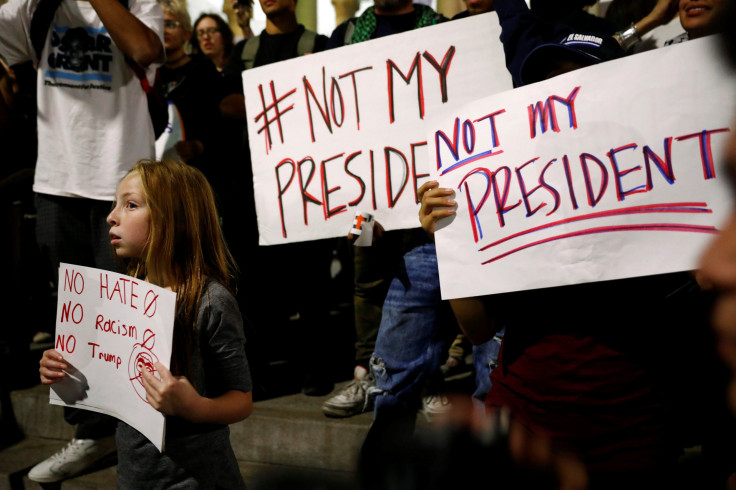Will California Leave US? Calexit Supporters Begin Secession Proceedings, Plan To Open Embassy In Russia

Proponents of the Calexit, or California exit, movement initiated formal proceedings for the state to secede from the U.S. The group behind the move submitted a ballot measure Monday to California’s attorney general’s office, the first step toward a potential secession.
The Yes California Independence Campaign hopes for a statewide vote as early as 2018. The group’s vice-president and founder, Marcus Ruiz Evans, said Republican Donald Trump winning the presidential election had boosted support for the initiative, though the group has been around for over two years.
“We’re doing it now because of all of the overwhelming attention,” Evans reportedly said. “This is real. We treat it seriously.”
While the group doesn’t have any major financial backers, Evans said 13,000 people have volunteered to collect the signatures required to get the measure on the ballot in the spring.
“In our view, the United States of America represents so many things that conflict with Californian values, and our continued statehood means California will continue subsidizing the other states to our own detriment, and to the detriment of our children,” the group said on its website.
“We believe in two fundamental truths: (1) California exerts a positive influence on the rest of the world, and (2) California could do more good as an independent country than it is able to do as a just a U.S. state,” the statement reads.
The Calexit movement is similar to Brexit, the July referendum in the United Kingdom, in which the country voted to leave the European Union.
The group’s President Louis Marinelli left for Russia two months ago to join hands with the Antiglobalization Movement of Russia, which also believes that a state has a right to self-determination. Marinelli is in talks with officials to establish a Californian embassy in Russia.
Marinelli is planning on introducing a resource center in Russia that would educate Russians on California’s history and culture while helping in building trade and promoting tourism. The embassy will be more of a promotional front for his group than for diplomatic purposes.
He reportedly added that he would like to spark a network of Yes California hubs around the world.
“We want to establish connections with the people of these countries so that when the time comes, we have the ability to reach out and say, ‘Californians just double-opted into independence. Will you now recognize that and therefore recognize our independence from the United States as a country?’” Marinelli said.
© Copyright IBTimes 2024. All rights reserved.






















